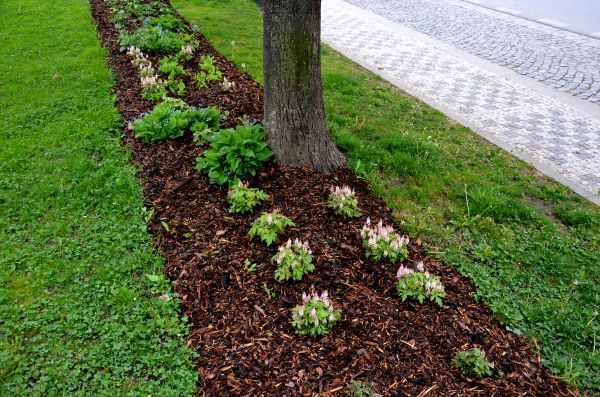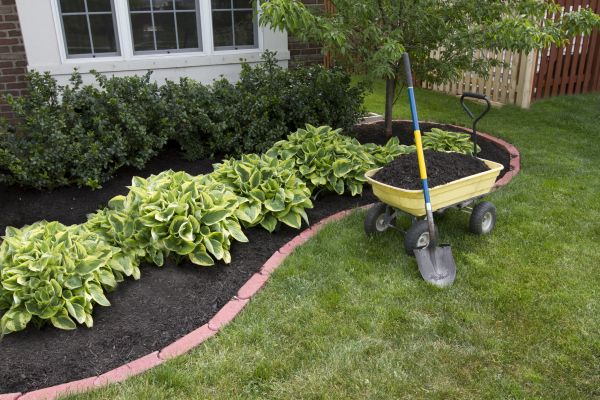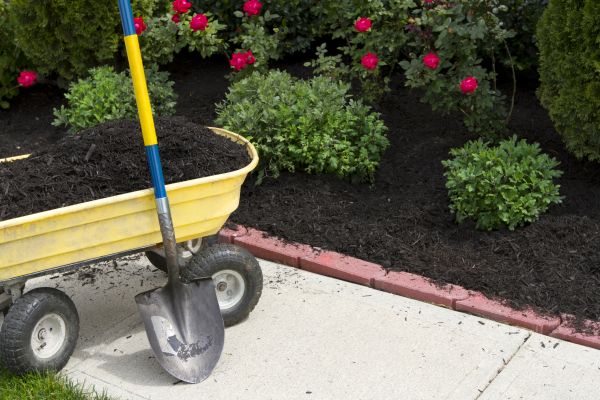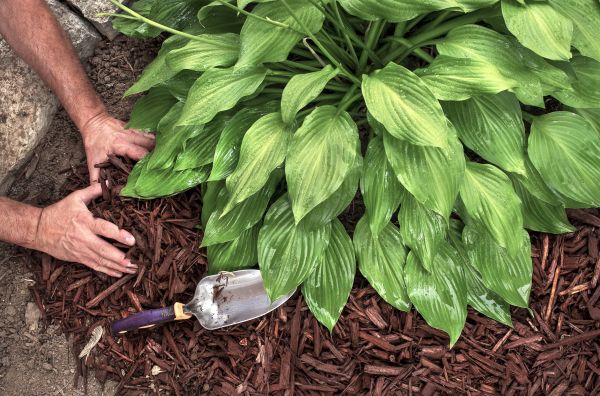Mulch Spreading Service
Affordable Mulch Spreading
Mulch spreading is a vital gardening practice that involves applying a layer of material, such as wood chips, straw, or compost, over the surface of the soil. This technique is crucial for maintaining healthy landscapes and gardens by providing numerous benefits that enhance plant growth and soil health. Mulch acts as a protective barrier, helping to retain moisture, suppress weeds, and regulate soil temperature. By choosing to spread mulch, gardeners and landscapers can create a more sustainable environment that supports vibrant plant life while reducing the need for excessive irrigation and chemical interventions.
Benefits of Mulch Spreading
-
Moisture Retention
Mulch helps soil retain moisture by reducing evaporation. This is especially beneficial during hot, dry seasons when water conservation is essential. By keeping the soil moist, mulch ensures that plants receive the necessary hydration to thrive, reducing the frequency and volume of watering required. -
Weed Suppression
A thick layer of mulch acts as a physical barrier that prevents sunlight from reaching weed seeds, inhibiting their growth. This natural weed control method reduces the need for chemical herbicides and minimizes competition for nutrients, allowing desirable plants to flourish. -
Temperature Regulation
Mulch serves as an insulating layer, protecting plant roots from extreme temperatures. In the summer, it keeps the soil cooler, while in winter, it provides warmth. This temperature regulation helps prevent stress on plants, promoting healthier growth and resilience. -
Soil Improvement
As organic mulch decomposes, it adds valuable nutrients to the soil, enhancing its structure and fertility. This process improves soil aeration and drainage, creating an optimal environment for root development and increasing the overall vitality of the garden. -
Erosion Control
Mulch helps prevent soil erosion by absorbing the impact of rain and reducing runoff. This is particularly important on slopes and in areas prone to heavy rainfall, where soil displacement can be a significant issue. By stabilizing the soil, mulch protects the landscape and maintains its integrity.
FAQs About Mulch Spreading
What types of mulch are best for my garden?
The best type of mulch depends on the specific needs of your garden. Organic mulches like wood chips, straw, and compost are popular for their nutrient benefits, while inorganic options like stones or rubber mulch offer long-lasting coverage without decomposition.
How often should mulch be replaced?
Mulch should typically be replenished once a year, although this can vary based on the type of mulch used and local climate conditions. Regularly check the mulch depth and add more as needed to maintain an effective layer.
Can mulch attract pests?
While mulch itself does not attract pests, improper use can create environments conducive to pest habitation. Ensure mulch is not piled too close to plant stems or tree trunks, as this can provide shelter for insects.
Is there a specific time of year to spread mulch?
Mulch can be spread at any time, but spring and fall are ideal for most climates. Spring application helps conserve moisture and suppress weeds, while fall mulching insulates roots against winter cold.
Fill out the contact form today to request Mulch Spreading services! Enjoy the multitude of benefits that come with professional Mulch Spreading, including healthier plants, reduced maintenance, and a more beautiful garden.




